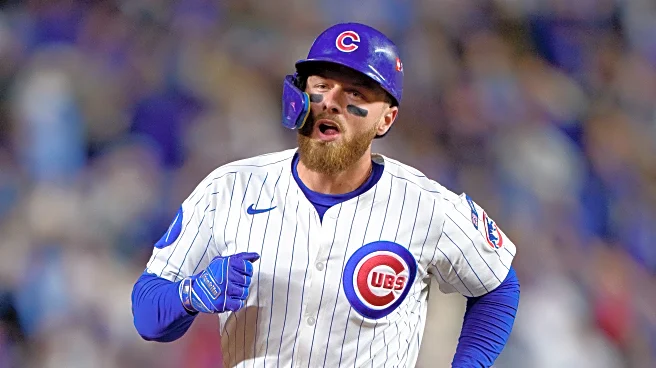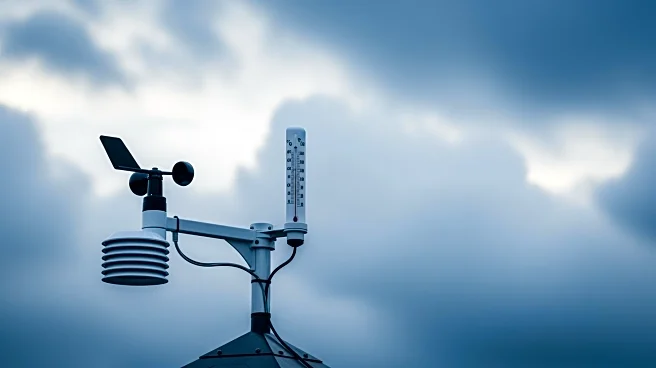This is the first in a short series about potential contract extensions for young Cubs players.
Let me preface all of these by saying that it’s unlikely any of them will happen. Because of a potential lockout
after the 2026 season and uncertainty about what’s going to happen beyond Dec. 1, 2026, when the MLB/MLBPA collective bargaining agreement expires, the Cubs appear to have carefully set up their deals so that none of them go beyond next year. The only current Cub (beyond players under team control) who has a deal that extends beyond 2026 is Dansby Swanson, whose contract goes through 2029.
So this is more a thought exercise rather than anything that’s likely to happen.
Michael Busch was acquired from the Dodgers (along with Yency Almonte) in January 2024 for two prospects, Jackson Ferris and Zyhir Hope.
Ferris turns 22 and Hope will be 21 in January and sure, it’s possible both will have good careers for the Dodgers.
But Busch is already a star in MLB. He had what has to be considered a breakout season in 2025, batting .261/.343/.523 with 34 home runs. Then he added four more long balls in eight postseason games. Only two Cubs left-handed hitters (Billy Williams and Kyle Schwarber) have ever hit more than 34 home runs in a season. The year he had in 2025, which produced 4.5 bWAR, wasn’t too far off of what Anthony Rizzo’s best years as a Cub were.
So the Cubs should lock him up long-term, right?
Here’s the thing. While this series is mostly about young players, Busch is not young. He turns 28 next month, kind of old for someone of his talent going into just his third full MLB season. The Cubs already have him under team control for four more seasons. He won’t be a free agent until after 2029, which means he’d be headed for free agency entering his age-32 season.
That’s not ideal for a first baseman whose talents could begin to decline around then, though there are plenty of examples of guys like that who produce into their mid-30s.
Busch has one more year at pre-arb, 2026, then he would have three years of arb eligibility before heading to free agency. The aim, if the Cubs wanted to do this, of signing such a player to a long-term deal would be to keep the arbitration-year raises down, a bit, then maybe extend him a year or two past arb to entice him to sign that sort of long-term contract.
So what I’d propose is offering Busch a five-year, $70 million deal. That averages $14 million a year, which would be expensive in the early years, but if he continues to produce, could be cost-effective in the later years. It could be structured this way:
2026: $5 million
2027: $10 million
2028: $15 million
2029: $20 million
2030: $20 million
Then tack on a sixth-year team option for $25 million, making it a six-year, $95 million deal if Busch continues to produce.
Who says no?
(Also, as far as I’m concerned the Cubs have already won this deal, since Busch is on a track to have 20+ bWAR as a Cub.)









